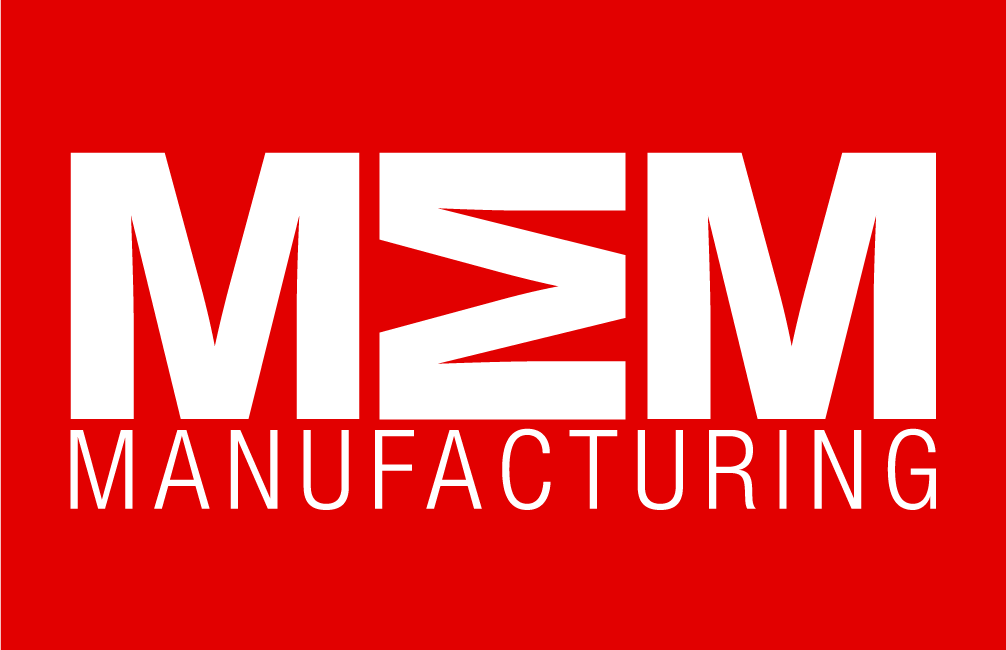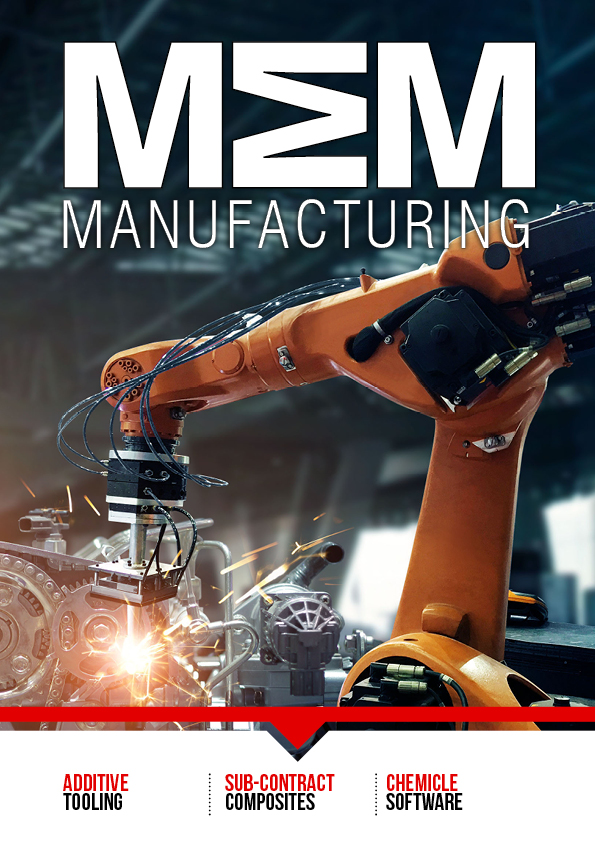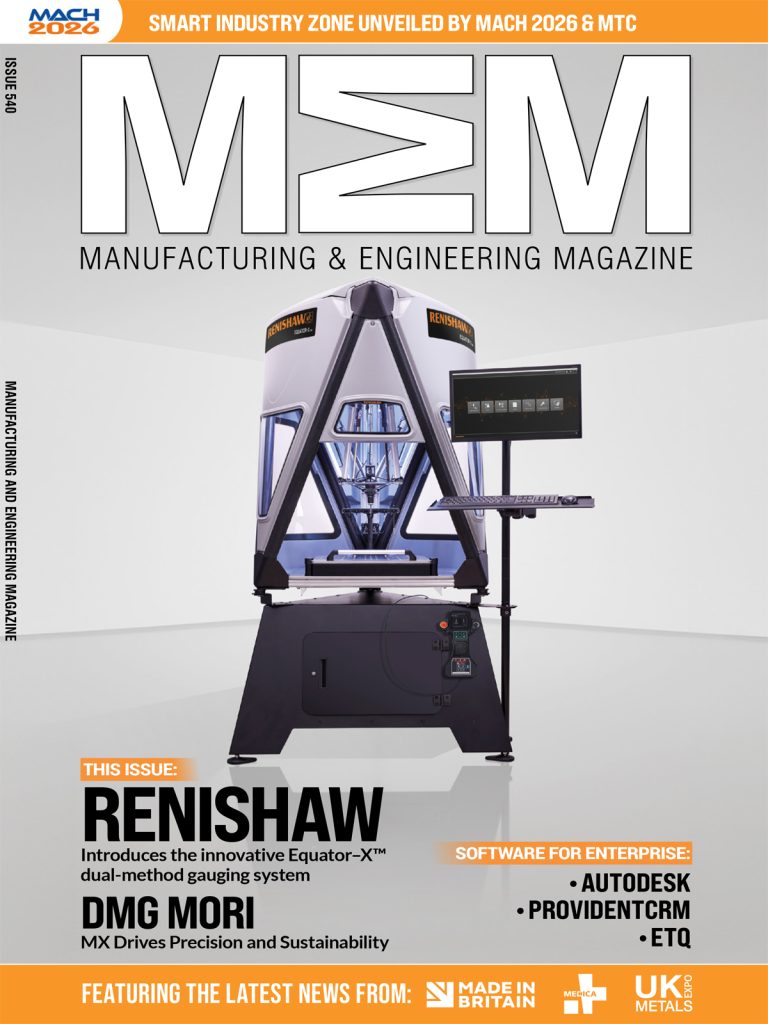Digital maturity is a term which is being utilised increasingly in the manufacturing industry as many organisations look to prepare for digital transformation. Usually based upon 15 competencies or criteria, manufacturing organisations are looking to a wide range of elements including communications planning, audience insight, digital capacity and budget, amongst other things, to measure their digital maturity. As Industry 4.0 sees computer-programmed automation and digital technologies such as AI and robotics become ever more intertwined in everyday operations, a clear understanding and implementation of digital maturity is regarded as essential. Clare Darlison, director of Idhammar Systems explains why manufacturers must take digital maturity seriously and how they can work towards achieving it.
Showcase a commitment to digital
Without commitment to change, you will achieve very little. According to Deloitte, leading organisations on the path to digital maturity are measured not only on their commitment to digital infrastructures but also on their readiness to adopt advanced technologies, including AI, VR and robotics, and see this seamlessly integrated in business operations. There are clear cases of manufacturers doing this particularly well. For example, in 2019, Siemens opened its fully refurbished ‘Digital Experience Centre’ to illustrate practically how its industrial customers can successfully embark on a digital transformation journey and achieve success. According to Siemens itself, this displays operational examples of transformative digital technologies which can help to enhance productivity, support flexible manufacturing objectives, optimise performance and even open up new business models. In showcasing this to the world, Siemens is helping to lead the way whilst also demonstrating its own commitment to digital, providing an aspirational example.
Increase profits
According to McKinsey & Company, manufacturing digitisation could boost heavy industry profits by three to five points, but only if organisations make new technologies work at scale. Frontrunner organisations who strongly believe in the value of digital when it comes to business processes are most likely to see increased profit at scale initially. Additionally, as technology is set to underpin digital enterprise within the manufacturing industry, the ability to understand its importance will prove vital to business strategy that not only enhances profitability but ensures results with longevity.
Introducing a digital workforce
As organisations move towards a digitally-led approach to operations with 87% of UK manufacturers stating that they are ready to invest in new technologies that will boost productivity, we expect to see the robotization of important processes either within production, or certainly linked to it. Not only can this help streamline processes, but it will also mean than operations can continue on a 24/7 basis without the need for human interaction, helping to bridge the digital and physical loop within the process. According to Tech Native, not only can this help to automate processes to ensure efficient production levels but it can also free up employee time to focus on new, less manual tasks that will deliver greater value to the business.
Better insights
Access to real time data can help provide actionable insights, helping organisations to make more informed, game-changing decisions. For example, understanding Overall Equipment Effectiveness (OEE), which can impact your organisation’s bottom line and productivity levels. By making the most of what digital can offer in terms of analytics, not only does this allow for increased analysis to help you to analyse your existing workflows, but it can help you to refresh your systems and processes whilst committing to scheduled maintenance.
Digital maturity is becoming essential for manufacturing organisations and ultimately, it’s very much a personal decision as to whether they want to fully embrace digital and prepare for the ever-evolving business landscape. Unfortunately, only 20.7% of organisations surveyed by Deloitte rated themselves as highly prepared to address the business models Industry 4.0 brings. However, we predict that stragglers will soon look to introduce a more forward-thinking approach which in turn, will require an upskilled workforce and certainly one that is digitally confident. I predict that this will of course involve the breaking down of barriers within the workforce, seeing cross-department collaboration and closer working relationships to fully achieve digital maturity that produces valuable results.
Manufacturing & Engineering Magazine | The Home of Manufacturing Industry News















